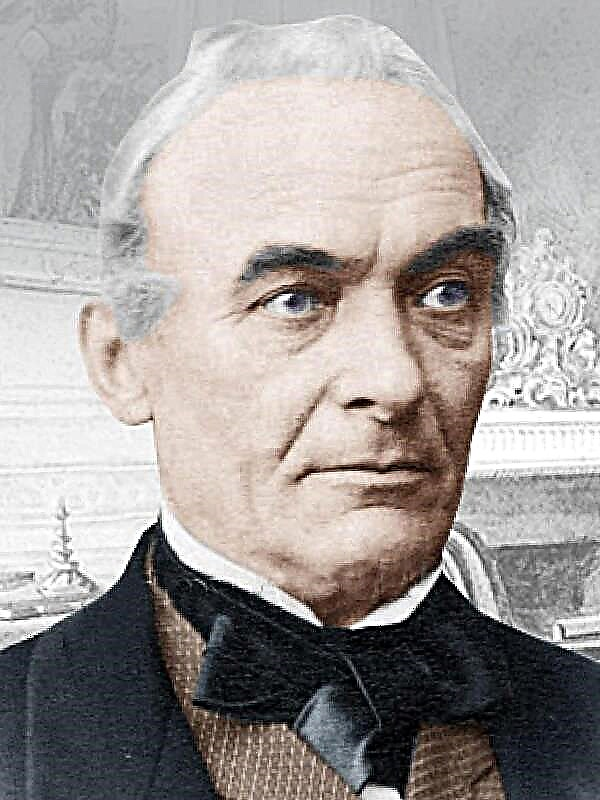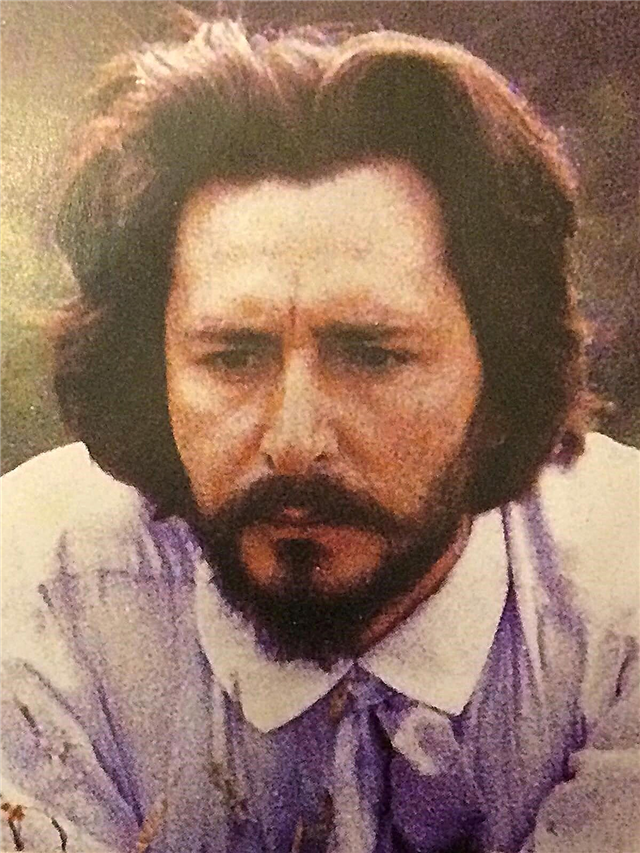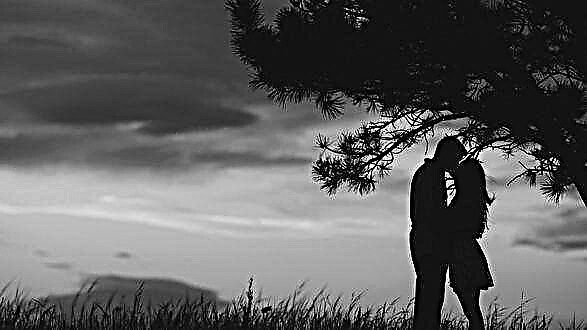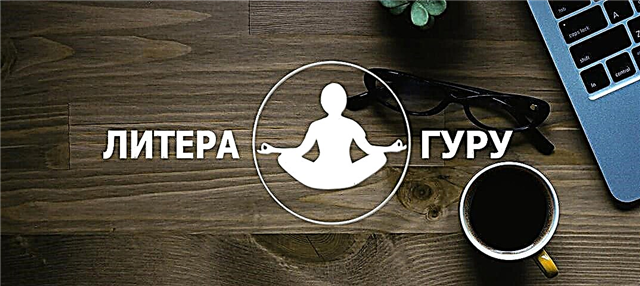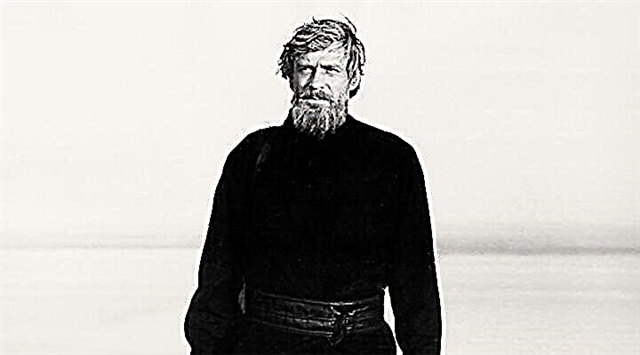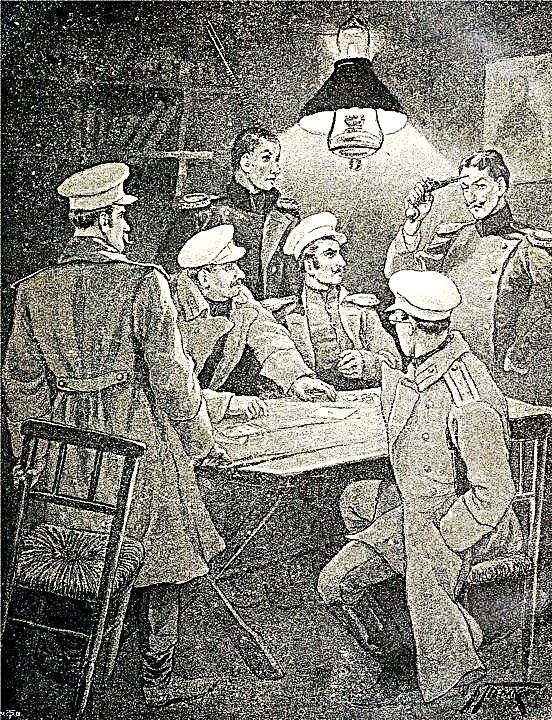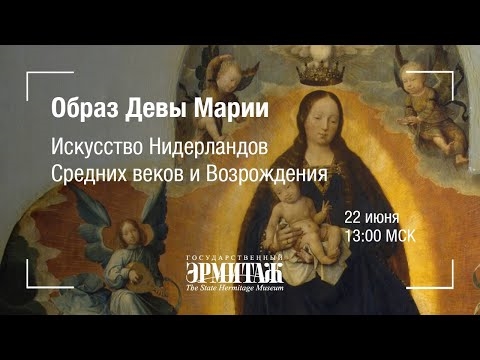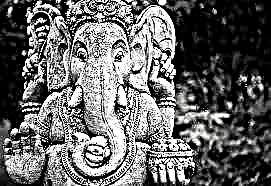The hero of the story, on behalf of whom the story is being narrated, a young poet who worked after the institute in the editorial office of a Central Russian youth newspaper, was fired for manifesting excessive criticism and independence. Not too saddened about this and having spent a farewell night with friends, he went to Moscow to move south from there, to his homeland, to the blessed Abkhaz city of Mukhus. In Moscow, he managed to print a poem in a central newspaper, and it went home as a visiting card for a hero who hoped to get a job in the republican newspaper Red Subtropics. “Yes, yes, we have already read,” said the editor of the newspaper Avtandil Avtandilovich at the meeting. The editor is used to picking up trends from the center. “By the way,” he continued, “are you thinking of coming home?” So the hero became an employee of the agricultural department of the newspaper. As I dreamed.
In those reformist years, reforms were especially actively carried out in agriculture, and the hero wanted to understand them. He got on time - the company was just on the “goat tourism” of the republic’s agriculture. And her main propagandist was the head of the agricultural department of the newspaper Platon Samsonovich, a quiet and peaceful person at home, but in those weeks and months he went to the editorial office frantically excited, with a gloomy gleam in his eyes. About two years ago, he printed a note about a breeder who crossed a mountain tour with a domestic goat. As a result, the first goat-tour appeared. Suddenly, a responsible person from the center, resting by the sea, drew attention to the note. An interesting undertaking, by the way, - these were the historical words dropped by him after reading the note. These words became the headline of a half-band essay in a newspaper devoted to the Kozlotur, which, perhaps, is destined to take its rightful place in the national economy. After all, he, as stated in the article, is twice as heavy as a normal goat (solving a meat problem), is distinguished by high woolness (an aid to light industry) and high jumping ability, which makes it easier to graze on mountain slopes. So it began. The collective farms were urged to support the undertaking by doing. Newspapers appeared in the newspaper regularly covering the problems of goat tourism. The campaign was gaining momentum. Finally, our hero is connected to work, the newspaper sends him to the village of Orekhovy Klyuch, from where an anonymous signal came about the persecution to which the unfortunate animal is being subjected by the new collective farm administration. On the way to the village from the bus window the hero looks at the mountains in which he spent his childhood. He suddenly feels yearning for the days when goats were still goats, not goats, but the warmth of human relations, their intelligence was firmly held by the very way of village life. The reception given to him on the collective farm board slightly puzzled the hero. Without taking his eyes off the phone, the chairman of the collective farm ordered the employee in Abkhazian: "Find out from this shredder what he needs." In order not to put the chairman in an uncomfortable position, the hero was forced to hide his knowledge of the Abkhazian. As a result, he became acquainted with two versions of the relationship of collective farmers with a goat tour. The Russian version looked quite good: they took the initiative, created the conditions, developed our own diet, and in general this, of course, is an interesting undertaking, but not for our climate. But what the hero himself saw and what he heard in Abkhazian, looked different. The kozlotur, to which the goats were launched, resolutely abandoned his main business at present - the reproduction of his own kind - he rushed wildly at the unfortunate goats and scattered them around the corral with horns. "Hates!" - the chairman exclaimed enthusiastically in Russian. And in Abkhazian ordered: “Enough! And then this bastard will treat our goats. ” The driver of the chairman, also in Abkhazian, added: “So that I ate it at the wake of the one who invented it!” The only person who favored the goat tour was Vakhtang Bochua, a friend of the hero, a harmless rogue and rubbish, as well as a certified archaeologist who traveled to collective farms with lectures on the goat tour. “I am personally attracted to his coat,” Vakhtang said confidentially. - Kozlotur must be cut. What I am doing". The hero found himself in a difficult situation - he tried to write an article that would contain the truth and at the same time be suitable for his newspaper. “You wrote an article harmful to us,” Avtandil Avtandilovich said, having got acquainted with what happened to our hero. - It contains an audit of our line. I am transferring you to the cultural department. ” Thus ended the hero’s participation in the reform of agriculture. Plato Samsonovich, on the other hand, continued to develop and deepen his ideas; he decided to cross the goat-tour with the Tajik wool goat. And here came the news of an article in a central newspaper, which ridiculed unjustified innovations in agriculture, including goat tourism. The editor gathered the editorial staff in his office. It was supposed that the discussion would be about the recognition by the editors of their erroneous line, but as the text of the installation article delivered to the editor was read, the editor’s voice got stronger and filled with almost prosecutorial pathos, and it already seemed that he, Avtandil Avtandilovich, was the first to notice and boldly open the vicious line of the newspaper. Platon Samsonovich was severely reprimanded and demoted. However, when it became known that after the incident, Platon Samsonovich was a little sick, the editor arranged him for treatment in one of the best sanatoriums. And the newspaper began the same energetic and inspired struggle with the consequences of goat tourism.
... At the agricultural meeting held in those days in Mukhus, the hero again met the chairman from the Walnut Key. “Glad?” Asked the hero of the chairman. “A very good start,” the chairman began cautiously. “I’m afraid of one, since the goat’s tour has been canceled, then something new will happen.” ““ Fear in vain, ”the hero reassured him. However, he was only partially right. Recovering and gaining strength after treatment in the sanatorium Platon Samsonovich shared his new discovery with the hero - he discovered some absolutely incredible cave in the mountains with the original coloring of stalactites and stalagmites, and if you build a cable car there, tourists from all over the world will bring down this underground palace, in this tale of Scheherazade. Plato Samsonovich did not sober up the hero’s reasonable remark that there are thousands of such caves in the mountains. “Nothing of the kind,” Platon Samsonovich answered firmly, and the hero noticed the feverish gleam in his eyes, already familiar from the “times of the Kozlotur”.


